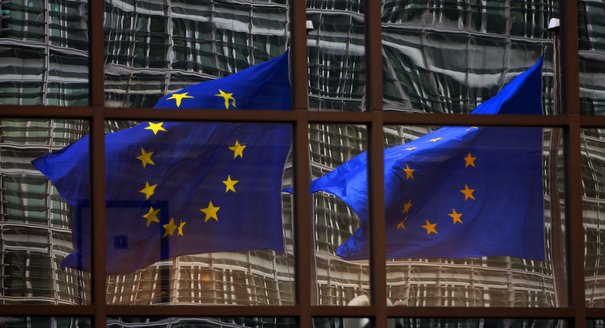The European Union is currently going through one of the most difficult periods of its existence. While the focus is on the efforts to save the euro, its foreign policy arm, the European External Action Service (EEAS), is struggling as well. Originally conceived in a more optimistic era, the foreign policy reforms of the Treaty of Lisbon are being implemented against this backdrop of crisis and loss of confidence. There is a risk that under these conditions, implementation will fall short of the full potential of the Lisbon reforms. Roughly one year after its establishment, the EEAS still suffers from a number of design flaws. It has an insufficient resource base and there is a lack of genuine buy-in on the parts of both the member states and the European Commission. These flaws can be overcome, however, if corrective action is taken:
- Enhance the buy-in of member states: For the EEAS to grow into a dynamic leader of European foreign policy, member states must trust it more and support it more actively. In order to achieve this, the high representative should promote the systematic involvement of the member states’ diplomacies in the work of the EEAS, through increased tasking of foreign ministers with European missions, delegation-embassy teamwork, information sharing, and a supporting role for the EU delegations in the area of consular protection.
- Strengthen the coherence of external action: Expectations that the Lisbon Treaty would narrow the gap between classical diplomacy and the external competencies of the European Commission in areas such as trade, development, energy, and the environment have not materialized. Both the Commission and the high representative need to take action in order to ensure that the various instruments of external policy can become part of a comprehensive and coherent strategy.
- Set clear priorities: The EEAS has a lot on its plate, and without strong leadership and direction, much of its activity turns into empty words and sterile rituals. The high representative must take a stronger lead in setting priorities, in giving strategic direction, in streamlining the political dialogue with international partners, and in building a record of concrete policy successes through well-targeted personal engagement.
- Improve institutional capacity: Today, there are probably fewer officials working on European foreign policy than before the Lisbon Treaty. The EEAS needs more manpower, better integration of its diverse components, and improved recruitment and training practices. The chain of command and the procedures should be reviewed to allow the EEAS to respond more rapidly to developments.
The foreign policy provisions of the Treaty of Lisbon represent the most ambitious reform effort in European foreign policy—ever. By taking action in these areas, the EU can begin to overcome some of the flaws in the system and make the vision of Lisbon a reality.





